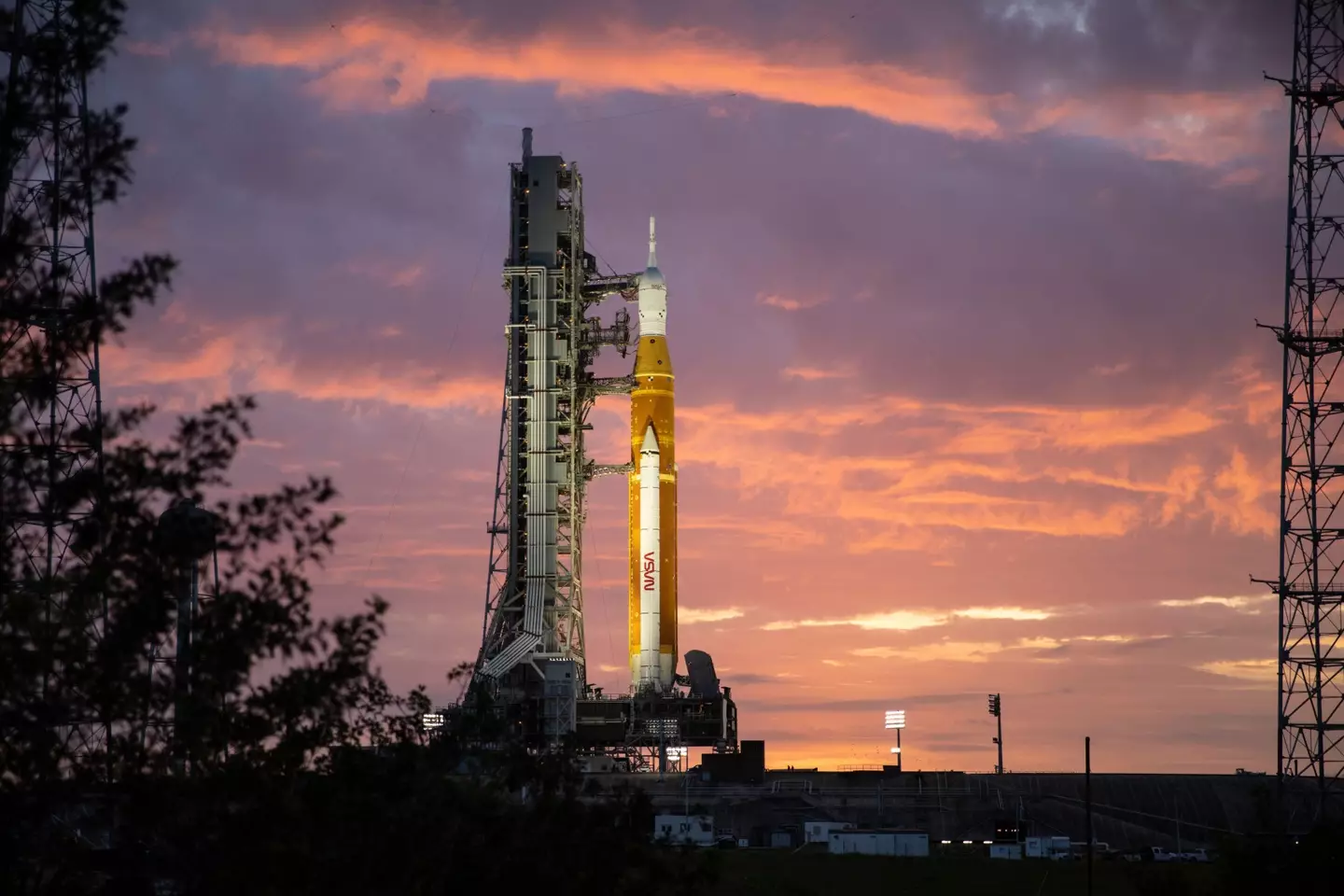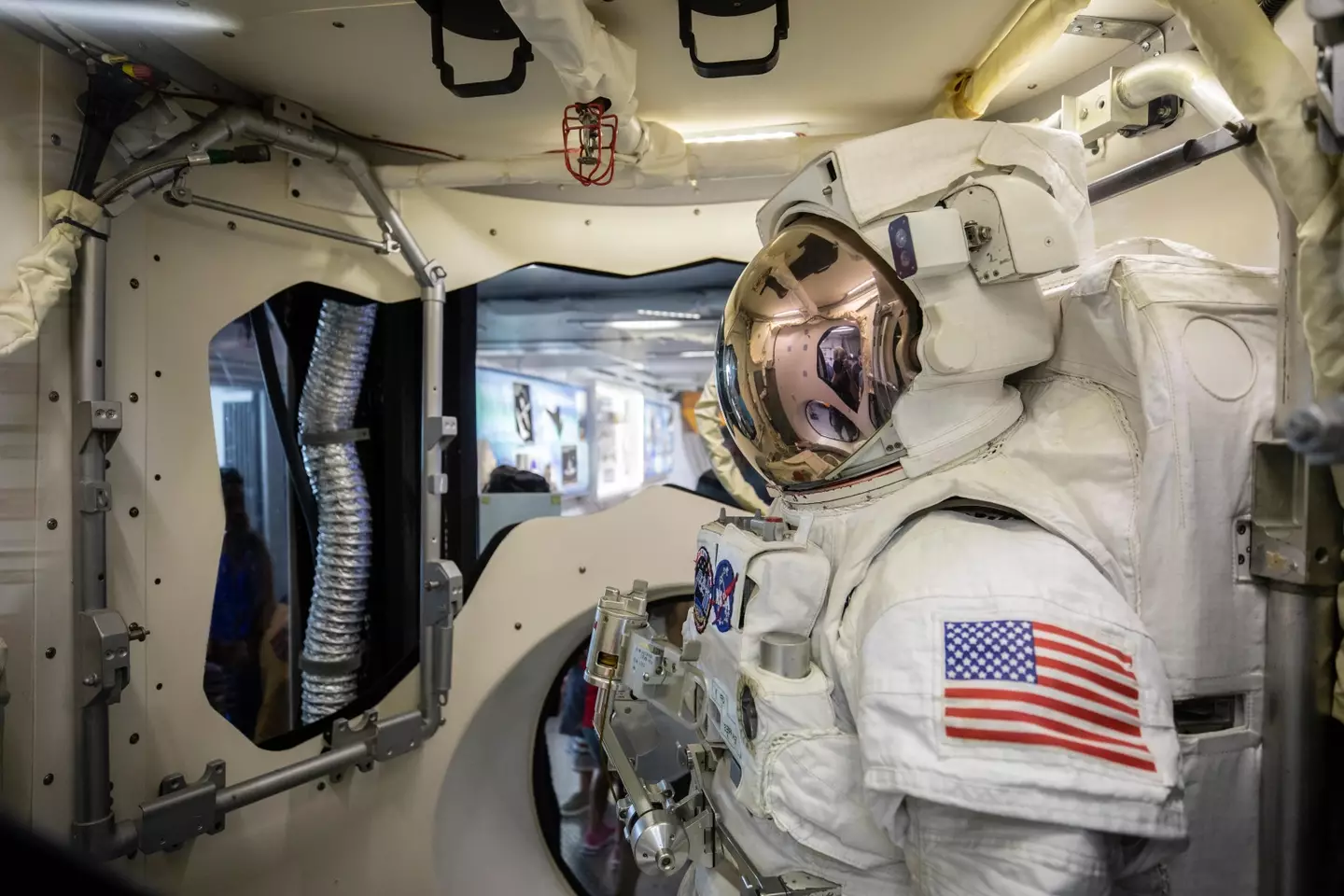
Studies of the blood of astronauts has shown it underwent DNA mutations after they returned from space.
While billionaire tech giants are now sending manned flights into space and NASA's Artemis program for longer space journeys are in development, there could be unknown dangers posed to the human body.
This is why a NASA study lasting 20 years has been looking at the potential effects of going into space could have on the human body and found some concerning details.
Checking blood samples from 14 astronauts, the study found that all of them had mutations in the DNA of their blood forming stem cells.
Advert

According to the team of researchers conducting the study, one of the main reasons behind doing it was the rise of 'deep space and commercial spaceflights'.
As reported by Space, the 14 astronauts involved in the study were people who participated in short-term missions an average of 12 days long between 1998 and 2001. Their blood was then kept frozen for over 20 years before being tested.
Some impacts of being in space for an extended period of time are known, such as muscular degeneration from the lack of gravity, but others are less clear.
Luckily for the astronauts in question, and anybody else harbouring hopes of one day blasting off into space, the mutations in the blood samples were still below limits that would start causing major concerns.
Their samples are below the levels at which you'd see a person at higher risk of developing a cardiovascular disease or cancer.
It's not all good news, but the level of DNA mutations for astronauts are still within acceptable levels which is a good thing.
The possible effects a long-term space mission could have on the human body is something NASA wants to work out as it extends the range of manned space missions and harbours ambitions of landing people on Mars within the next 20 years.
While we're nowhere near Star Trek levels of sending people off for years to explore the cosmos, the possibility that people might spend extended times in space looms large.
The absolute last thing anyone wants is for prolonged periods of time inside a spaceship to be one of those long-term health issues like living near asbestos for years.

Space travel exposes the human body to higher levels of radiation, and longer space travel will leave a person exposed for more time.
If we want to send manned missions beyond the Moon and one day have human feet step onto the surface of Mars the full health impacts need to be known.
Then again, those plans for longer space journeys depend on NASA's efforts to get their latest spacecraft off the ground in the first place.
If you have a story you want to tell, send it to UNILAD via [email protected]
Topics: Space, NASA, Technology, Health, Science